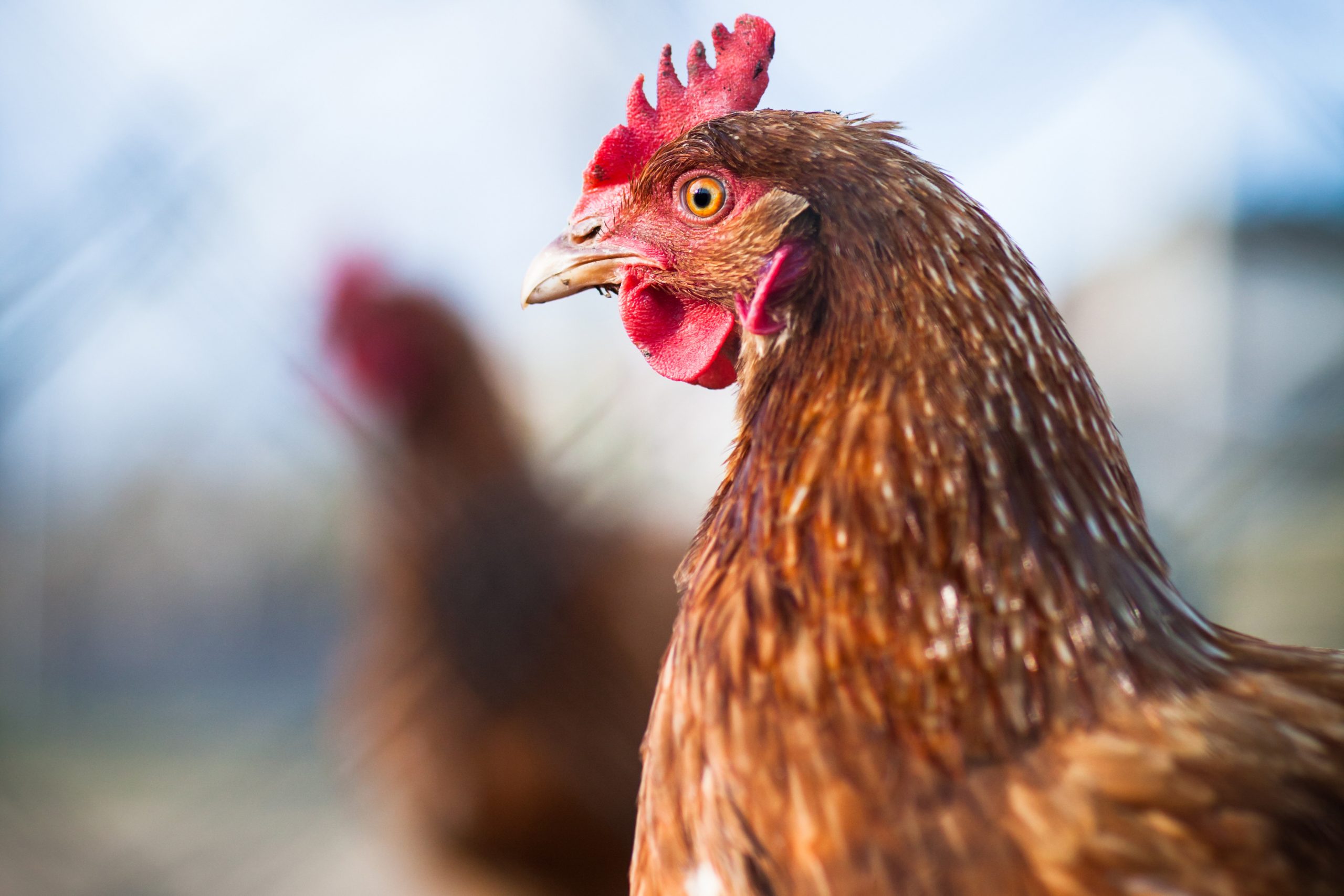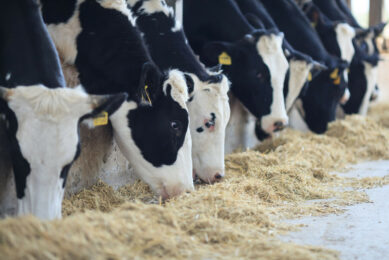Outlook – Indonesian protein market

Within five years, Indonesia needs to produce a significant amount more chicken and beef than currently available. This needs be done without the use of antibiotics, as the AGP ban comes into force on January, 2018 in Indonesia.
This is stated in the Rabobank report: From disruptions to opportunities: four critical issues facing the animal protein market in Indonesia.
Indonesia’s protein market is the largest in South-East Asia, with a promising growth outlook. But to be able to grow, the Indonesian livestock producers need to overcome 4 critical issues, says Rabobank. These are: 1) investing in the right value chain, 2) potential impacts resulting from the adaption of WTO findings and conclusions, 3) compliance with various policies and 4) global disruptions.
Rabobank figures show that Indonesia needs to supply 4.2 million tonnes cwt of broiler meat by 2022. This is 1.1 million tonnes more than the 3.1 million tonnes cwt required this year. Annual beef supply will also need to expand to 914,000 tonnes cwt by 2022 from 809,000 cwt in 2017, mostly through higher imports. Yet, demand could grow faster still.
The Indonesian livestock producers have to produce the extra protein without the ‘help’ of antibiotic growth promoters, as these will be officially banned as of January 1st, 2018.
Antibiotics use for therapeutic purposes is still allowed for up to seven days under veterinary supervision. The Rabobank report states that Indonesia can learn the lessons from Thailand, a country that banned AGPs in 2012. Indonesian feed millers have steps already to reformulate their products, but their efficacies are yet to be tested in open-house poultry formats where current mortality rates can reach 7-8%, compared to 2-4% rates in closed-house formats. Feed millers have already started to use more AGP alternative products such as probiotics, short-chain fatty acids and prebiotics.
Source: Rabobank











